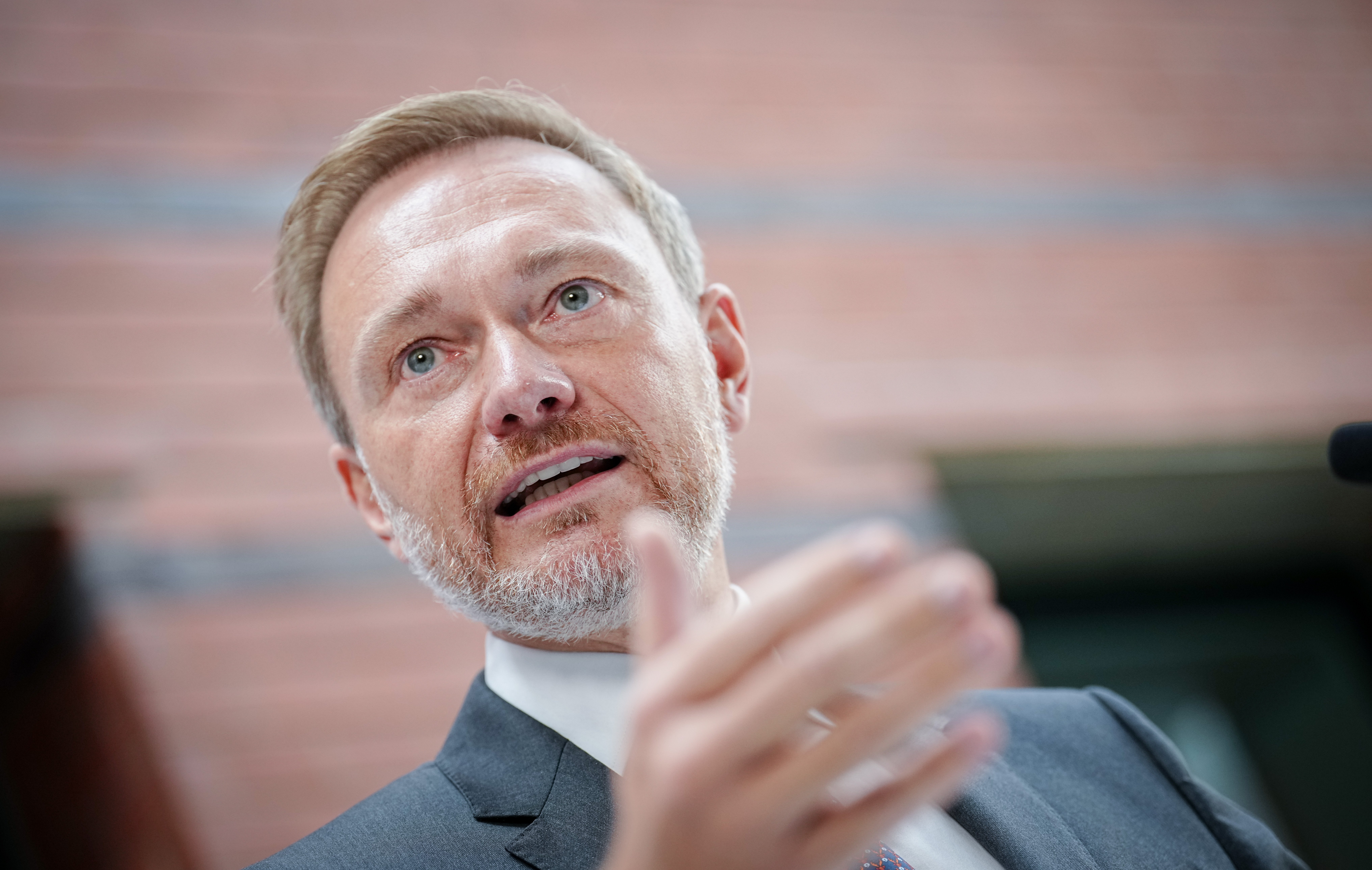The willowy platinum blonde, best known from 1990s Versace campaigns, lived in the house she owned in the eastern district of Köpenick between 1999 and 2002 but failed to pay around €267,000 in taxes on it, the court ruled.
“We are convinced that your primary residence was in Germany,” Judge Jürgen Kohls said.
Auermann, wearing a beige crepe sweater and matching scarf, said after the hearing that she would appeal the ruling.
“I am not satisfied,” Auermann told reporters.
Following the appeal, tax authorities will determine how much Auermann needs to repay including back taxes and interest.
The 40-year-old Berlin native had denied the charges throughout the trial, saying she had only established her primary residence in Germany again in 2002 after years in which she spent most of her time travelling for work.
She had told the judges that the home was only an investment.
The court heard dozens of witnesses with links to Auermann during the trial which started in May including her children’s paediatrician and her tax advisor.
AFP/mry




 Please whitelist us to continue reading.
Please whitelist us to continue reading.
Member comments